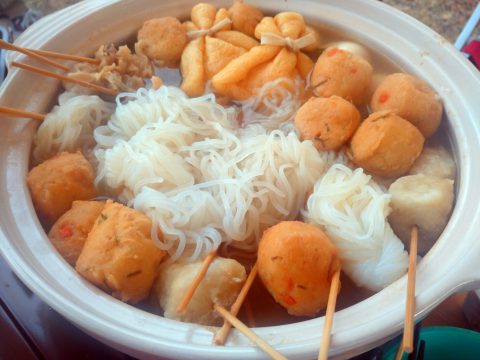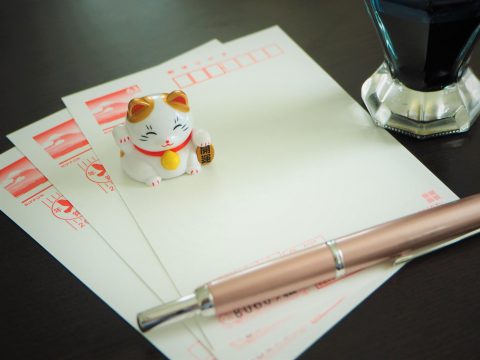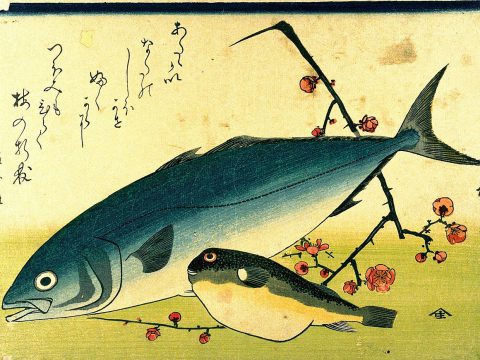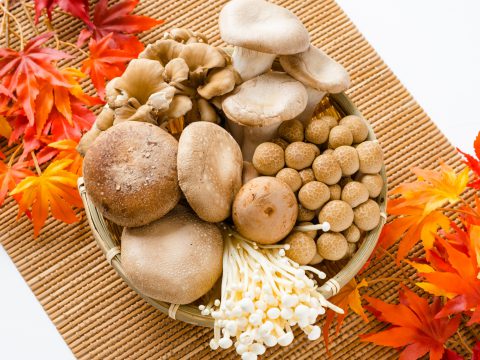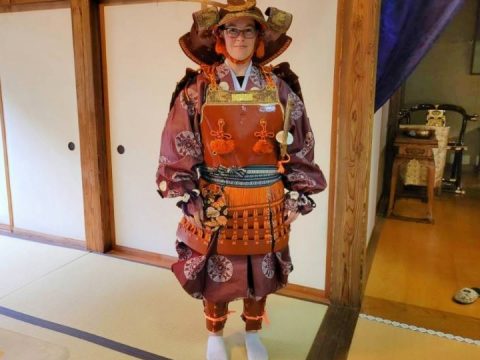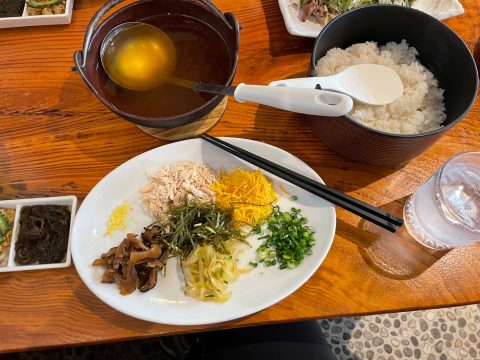Types of employment in corporate Japan
WORK’IN JAPAN
09.01.2023
The types of employment in Japan may differ from your home country. There are differences in paid leave, social security benefits, and labor laws. Whether you’re job hunting or about to sign up with a new company, check the status of your position and know what you’re entitled to.

Full-time employee 正社員・正規社員
As the name implies, full-time employees are permanent employees directly hired by the company. They have signed an employment contract with the company and are expected to work in exchange for remuneration paid by the employer. Typical full-time employment is a 40-hour work week with up to 45 hrs of overtime per month.
One benefit is that full-time employees are protected by Japanese labor laws and thus cannot be fired easily by the company. They are often seen as being stable and low-risk, which is often why it’s easy for full-time employees to obtain loans and buy property than other types of employment.
Benefits include secured salaries, opportunities for promotion and growth, insurance coverage, transportation allowance, and social security benefits (maternal/paternal leave, bereavement leave, rent allowance, etc.).
Read more about the types of paid holidays in corporate Japan
Contract employee 契約社員
Contract employees are also full-time employees directly hired by the company but are under a contract to work for a short and specified period. They must renew their contract after the period ends. Some companies offer a permanent position after a specific time, usually five years.
They are entitled to some benefits, such as overtime allowance and paid leave but may not be eligible for benefits such as bonuses.

Independent contract worker/company 業務委託
Companies may use independent workers or companies to outsource tasks or projects they cannot do internally. It’s usually seen as a cost-cutting measure to hire highly-skilled people for a short period.
As the company does not hire them, they are not entitled to paid leave and benefits from the company.
Temp staff 派遣社員
Temp staff are hired by a temp agency and are not directly employed by the company. They are often hired to fill admin and secretarial positions or to fill in for a vacant position for some time. They are paid by the hour.
The company does not pay their transportation fees, social security benefits, or paid leave. Since there is a low bar to start working as a temp staff, it can provide workers with experiences in different fields. However there isn’t much career advancement, and temp staffs are often the first to go during a downsizing.

Part-time worker パート・アルバイト・フリーター
Part-time workers are daily or hourly workers that may include homemakers, students, and those in-between jobs. While there is often flexibility in the schedule, they are not entitled to social benefits.
Intern インターン
Interns are students or trainees working at the company to gain work experience. Depending on the company, some internships are paid positions.

Kayoko Hirata Paku
Kayoko Hirata Paku is a food writer, translator, and bagel person. Growing up in Japan and the U.S., she currently resides in Tokyo with her peanut butter addicted husband, a very hungry baby, and many half-dead plants.
Read previous articles by the writer
Read latest articles
KEYWORDS
- # PICKPICK
- # Resume
- # alcohol
- # Rice
- # Soup
- # winter food
- # Fast Food
- # seafood
- # spicy foods
- # raw food
- # fermented food
- # Transportation
- # MEAT
- # Edo culture
- # suits
- # clothing
- # drink
- # fish
- # seasoning
- # Japanese New Years Foods
- # Toshikoshi soba
- # Osechi Ryori
- # Ozoni
- # Christmas
- # Japanese fusion pasta
- # Wafu Pasta
- # Japanese Hot Pot
- # なべ
- # 鍋
- # Miyazaki
- # Chicken Nanban
- # Karamen
- # Autumn Wagashi
- # Mushi-yokan
- # Imo-yokan
- # Japanese Autumn Fruits
- # Autumn
- # Vending Machine
- # fall
- # dango
- # Chestnut rice
- # saury
- # Mushroom
- # Rice vinegar
- # Japanese condiments
- # 調味料
- # Sake
- # Mirin
- # Soy sauce
- # Japanese Noodles
- # Udon
- # Ramen
- # Yakisoba
- # Soba
- # Japanese Seaweed
- # 海藻
- # かいそう
- # Payslip
- # Training
- # Japanese summer foods
- # 和菓子
- # Wagashi
- # ryokucha
- # 夏
- # 飲み物
- # Ramune
- # ラムネ
- # Pokari Sweat
- # ポカリスエット
- # Calpis
- # カルピス
- # Mugicha
- # ume
- # 梅
- # うめ
- # umeshu
- # job hunting
- # tofu
- # Recruitment in Japan
- # miso
- # Japanese cuisine
- # Yellowtail and bonito
- # Children’s Day
- # Kashiwa Mochi
- # Chimaki
- # fruits
- # Kusamochi
- # Types of Agriculture in Japan
- # bread
- # パン
- # パン屋さん
- # japanese bread
- # shokupan
- # meal blead
- # anko bread
- # 桜
- # さくら
- # cherry blossom
- # visa
- # hanami
- # omotenashi
- # sakura
- # おもてなし
- # Japanese hospitality
- # oshibori
- # wet hand towel
- # hand towel
- # restaurant
- # Commuting in Japan
- # Women-only cars
- # Exit gate
- # japanese train
- # train
- # valentine
- # Japanese sweets
- # 朝食
- # Japanese Breakfast
- # Breakfast
- # Japanese
- # 日本
- # healthy
- # persimmons
- # hoshigaki
- # HR
- # work in Japan
- # jinji ido
- # corporate systems
- # Japanese work culture
- # bento
- # ekiben
- # shinkansen
- # omiyage
- # train station
- # Japanese culture
- # work culture
- # mentaiko
- # umeboshi
- # Japanese snacks
- # potato chips
- # Japanese potato chips
- # Japanese writing
- # seaweed
- # konbu
- # ocean foods
- # shio konbu
- # dashi
- # miso soup
- # food processing
- # pear
- # nashi
- # sweet potato
- # japanese sweet potato
- # stingray
- # satsuma imo
- # food value chain
- # homecooking
- # agriculture
- # Japanese homecooking
- # farming
- # nikujaga
- # shojin ryori
- # meat and potatoes
- # traditional foods
- # comfort food
- # buddhist food
- # manufacturing
- # factory
- # eihire
- # vegetarian
- # food and beverage
- # izakaya
- # yatai
- # japanese festival
- # taiyaki
- # matsuri
- # summer
- # Ikayaki
- # smart agriculture
- # shaved ice
- # kakigori
- # かき氷
- # summer dessert
- # Japan
- # Japanese foods
- # dessert
- # fruit
- # matcha
- # icecream
- # Pikcup
- # Pikc up
- # Pcikup
- # skilled labor visa
- # working visa japan
- # Dineer Table in Japan
- # Japanese manner
- # Japanese food
- # Japanese Table Manner
- # Chopsticks
- # Japanese traffic signs
- # traffic information
- # road rules in Japan
- # chocolate
- # green tea
- # Osaka
- # Work Japan
- # Japanese company
- # ikura
- # sushi
- # nigiri
- # wasabi
- # PCIK
- # PICK UP
- # PICK
- # PICKUP

